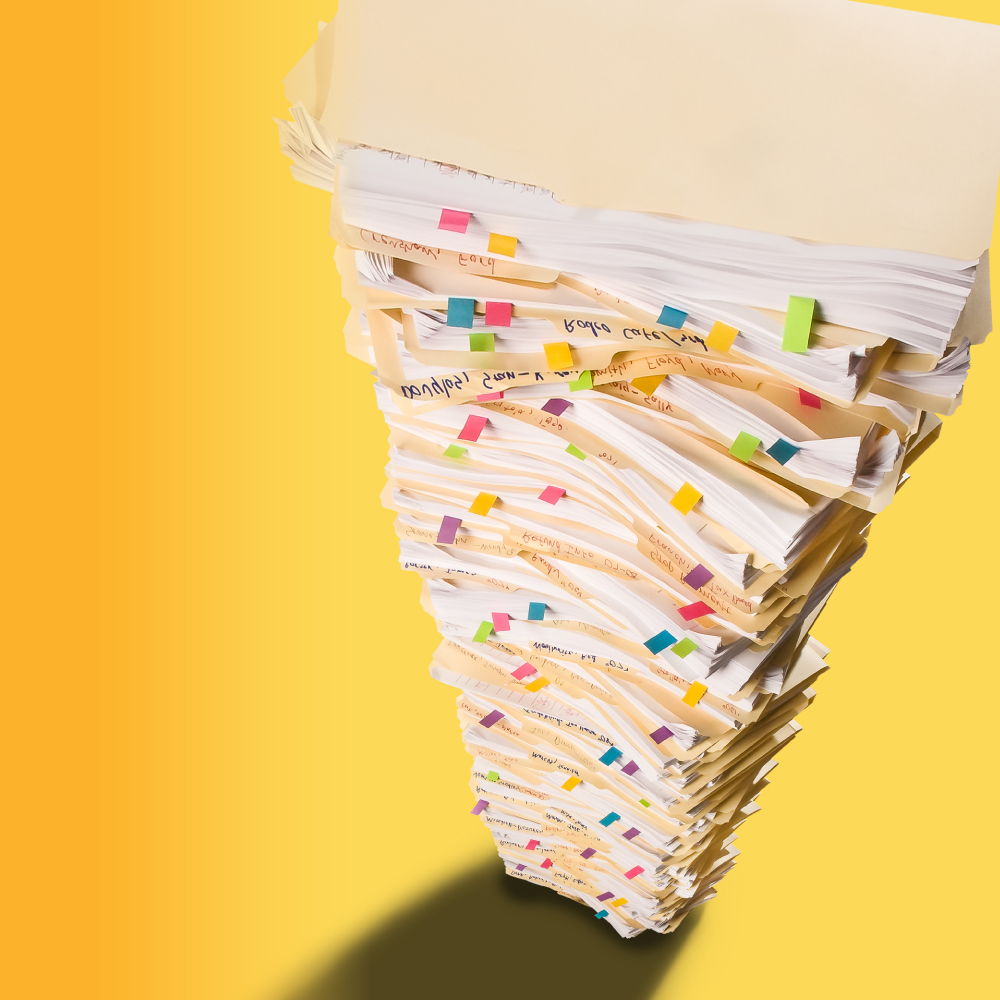Blog
Three More Contract Terms to Protect Your Cash Flows

Prudent cash flow management is always important, but more than ever during periods of economic uncertainty. Contracts are key to determining whether, when, and how much cash changes hands from one organization to another during a business relationship. That means that effective cash flow management requires effective contract management.
We recently wrote about three core contract terms that you should monitor in order to protect your business’s cash flows. Here are three more.
Renewal type & date
A contract’s term is the time period during which the agreement is active and binding upon the parties. It’s common to define the term of the contract within the agreement.
If the contract specifies an expiration date, the agreement automatically terminates on that date. The parties do not need to do anything else to end the transaction or business relationship, aside from fulfilling any outstanding obligations that arose while the contract was active. If they want to continue doing business with each other, the parties will have to execute a new agreement.
However, not all contracts automatically end on a set date. It’s often more convenient for both parties to arrange for business to continue by default. This type of arrangement ensures continuity of operations for buyers, and continuity of revenue for sellers. In order to promote that continuity, the parties will include a provision stating that the contract will renew automatically unless one or both parties explicitly opts out of renewal before a specified deadline.
For buyers, automatic renewal provides predictability that can be great for budgeting — but it’s crucial to keep track of renewal deadlines so that the buyer can timely terminate agreements that are no longer in the business’s best interest. If they don’t, then they might find themselves stuck paying for goods or services that they no longer want.
Sellers, meanwhile, should monitor renewal dates so that they can reach out to customers in advance to address any issues that might inspire those customers to terminate their contracts. Renewal is also a great time to review the relationship and encourage satisfied customers to buy more of the goods or services they’re using.
Renewal notice period
If a contract is auto-renewing, it will require a minimum amount of advance notice for termination. It is on buyers to track these minimum notice requirements in order to give themselves time to review each business relationship and determine whether they want to continue or end it. Sellers that want to keep their customers happy, meanwhile, shouldn’t wait until the last minute to check in on them.
Manually tracking just a few dates and notice periods might not be difficult, but it quickly becomes cumbersome — and eventually untenable — when an organization regularly does business with hundreds or even thousands of vendors or customers. A system that automatically tracks termination dates and notice requirements is vital as a business scales.
By keeping track of renewal deadlines and notice periods, buyers can give themselves time to review their vendor agreements, gauge whether the vendor has delivered on its promises, and make an informed decision regarding whether to continue the business relationship. Sellers can benefit by delivering attentive support and a smooth renewal or upsell process.
Termination for convenience
Some contracts terminate for cause or because the term is over, but sometimes, the parties simply want the right to move on to arrangements that work better for them going forward. A termination for convenience clause grants parties the right to terminate the agreement before the renewal or termination date without needing to justify the decision.
As with automatic renewals, termination for convenience generally requires a minimum amount of notice from the terminating party. A system that keeps track of both types of notice periods is vital for a busy team that wants to optimize cash flows by carefully managing the duration of its business arrangements.
If you want to effectively manage your business relationships and cash flows, you need a reliable, efficient way to manage your contracts.
Want to learn more? Read our full guide on contract terms to track for cash preservation, and learn how Evisort can help.
Find out how

Evisort
can help your team
Test Evisort on your own contracts to see how you can save time, reduce risk, and accelerate deals.




